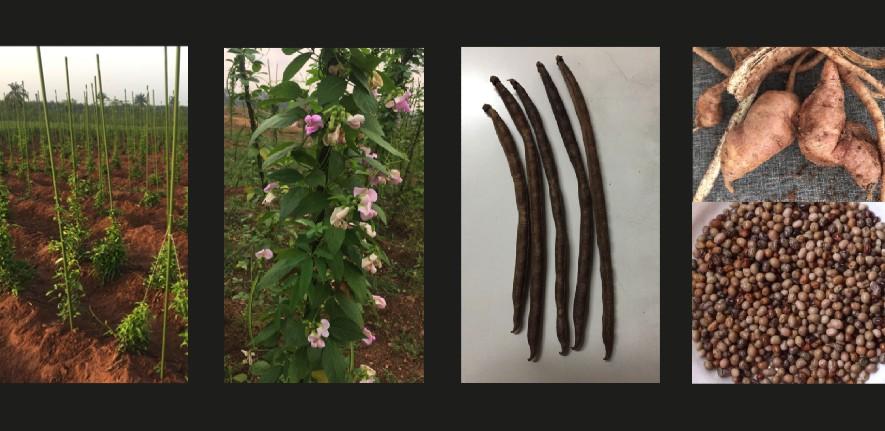
Submitted by K.L. Hlaba on Fri, 11/02/2022 - 11:16
February 10 marks World Pulses Day. A day dedicated to celebrating beans and lentils doesn’t seem worth getting excited about – but it should be. Because there are hundreds of forgotten and sidelined bean species that could change the game when it comes to improving global food security and cutting world hunger.
World Pulses Day was established by the UN General Assembly in 2019 to raise awareness of the nutritional importance of pulses: a group of edible grain legumes that are part of the bean family (scientifically known as Leguminosae or Fabaceae). Examples include chickpeas, kidney beans and pigeon peas.
Most legume plants, including pulses, have evolved the ability to create their own nitrogen fertilisers from the air through specialised nodules on their roots. That means these plants can survive in low nitrogen soil without needing external fertilisers, making them highly resilient and able to grow from the Arctic Circle to deserts. What’s more, this increased nitrogen gives legumes their high protein content, since nitrogen provides the building blocks for protein.
Please find the complete article by Nadia Radzman here.
Image: from the original AYB collection from Ademola Aina in IITA.

